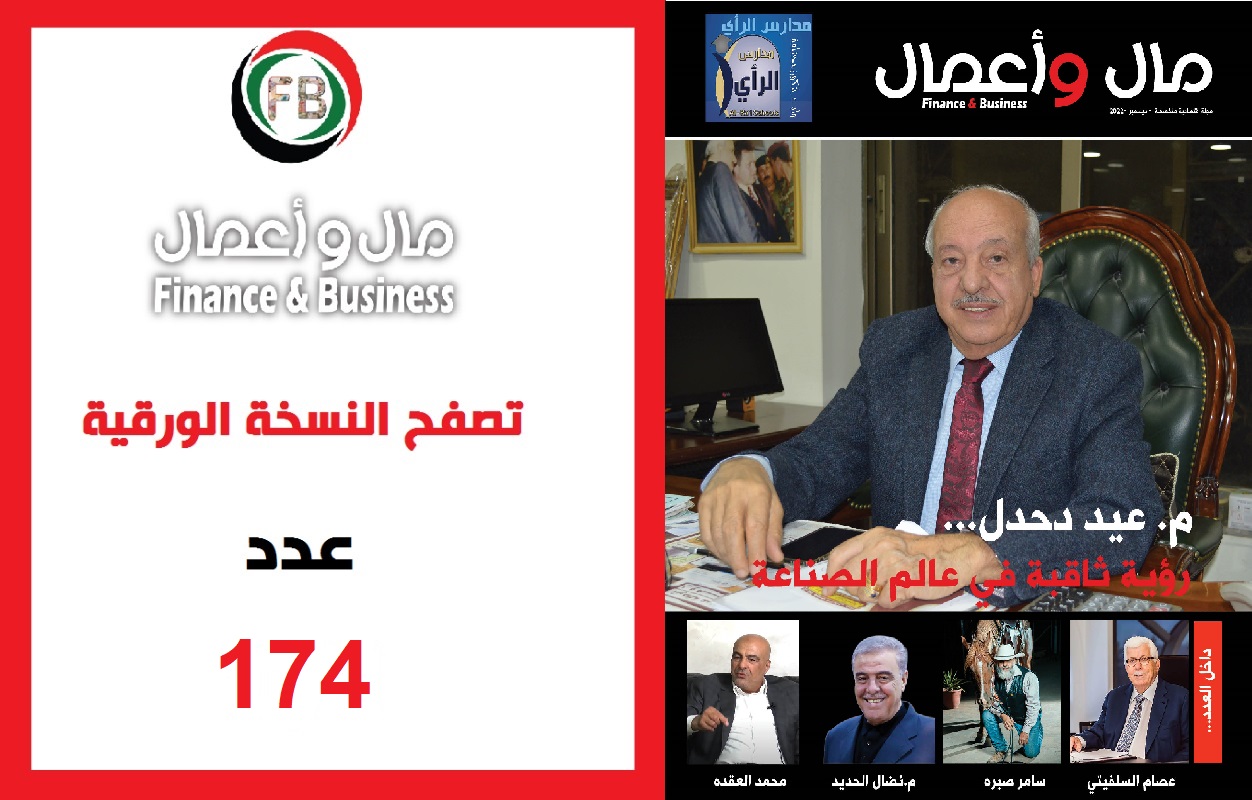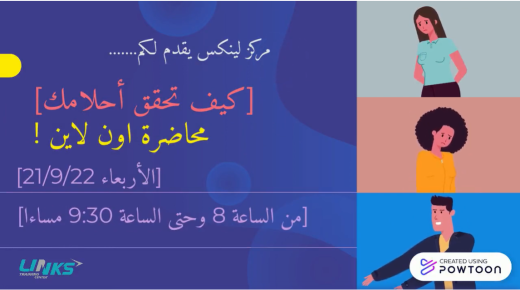More and more Bangladeshi entrepreneurs are opening companies in the UAE as economic relations between the two countries grow

An attractive investment climate and a higher return on investment has helped 22.52 percent jump in Foreign Direct Investment (FDI) in to Bangladesh to US$2.45 billion in 2016-17 financial year, up from US$2 billion in 2015-16, that is encouraging a number of UAE businesses to invest in to Bangladesh, according to the country’s central bank.
Bangladesh economy will grow by 8.25 percent in the current fiscal year, Bangladesh Planning Minister AHM Mustafa Kamal said on Thursday.
“We expect that the GDP growth rate will exceed the target of 7.8 percent and will increase to 9 percent in the next five years,” he told a press conference in Dhaka on Thursday.
With Gross Domestic (GDP) of US$687.14 billion on Purchasing Power Parity (PPP) basis, Bangladesh is the world’s 32nd largest economy, according to the International Monetary Fund (IMF), almost similar size of the economy of the UAE – the 33rd largest in the world with US$686.83 billion GDP on PPP basis.
“Bangladesh is undergoing a transformation from a low-income to a middle-income economy. The South Asian country continues to generate strong growth — projected at around 7 percent for 2018 — driven by consumer spending and investment,” IMF said in a report in June 2018.
Standard & Poor’s credit rating for Bangladesh stands at BB- with stable outlook. Moody’s credit rating for Bangladesh was last set at Ba3 with stable outlook.
“Growth in Bangladesh has averaged more than 6 percent over the last decade, significantly lifting per capita income. Poverty has declined steadily and other social indicators, like gender disparity in education and maternal mortality, have also improved,” IMF said.
“Throughout this process, the country has diversified away from an agrarian to a more manufacturing-based economy with rapid growth in the ready-made garment industry.”
With one of the most cost-effective labour market, perhaps the lowest cost of starting a business, backed with a very low cost of land, Bangladesh offers one of the best but under-rated investment destinations in the world.
Muhammad Imran, Bangladesh Ambassador to the UAE, said, “We have witnessed a growing interest among both Emirati businesses to invest in Bangladesh while a large number of Bangladeshi entrepreneurs are also setting up companies in the UAE, therefore strengthening the two-way economic ties between the two countries.
“Our government has announced the establishment of 100 economic zones, where foreigners, including our Emirati brothers could invest in 100 percent foreign-owned export-orient industries and benefit from lower cost of licensing, land and production and benefit from higher margins and duty-free export quota access to a number of countries in the world.”
He was speaking at the inaugural Bangladesh Economic Forum at Swissotel Al Ghurair, attended by more than 200 delegates, investors, businessmen, bankers and investment advisors, organised by Pan Asian Group, a Dubai-based company. A number of UAE businesses, including Malabar Gold and Diamonds and Vahedna Group as well Aydin Group are investing in Bangladesh economy, organisers said.
“Our bilateral relation with the UAE is underpinned by the presence of a large Non-Resident Bangladeshi (NRB) community base with more than 50,000 businesses owned by Bangladeshi expatriates,” Muhammad Imran said.
“Gradual relaxation of visit and employment visas can help two-way investment and trade as well as people to people contact. With increased trade and investment flow, the economic relations between the two countries will accelerate in the coming months and years.”
In the last two months – July and August 2018 – NRBs remitted US$444.23 million to Bangladesh, according to Bangladesh Bank. The UAE is Bangladesh’s second biggest source of foreign remittance.
Digital Bangladesh
More than 152.52 million among Bangladesh’s 161 million people uses cell phone, according to the statistics issued by Bangladesh Telecommunications Regulatory Commission (BTRC) in July 2018, raising the mobile penetration rate to 94.73 percent.
Internet subscriber base has reached 88.68 million in July 2018, or 55.08 percent of the country’s population currently have access to the Internet.
According to the latest statistics by BKash – a digital payments platform – 28.8 million users made BTK2.17 trillion (US$25.91 billion) payments through 1.57 billion transactions in 2017.
Bkash projects 47.8 million, or nearly 30 percent of Bangladesh’s population will make BTK2.68 trillion (US$32.05 billion) payment through 1.88 billion transactions a year using BKash digital payment channel by December 2018.
BKash, which has 31.9 million users, expects its subscriber base to cross 47.8 million by December 2018 – making it the fastest growing payment channels in the world.
Dr Reza Khan, Principal Wildlife Specialist at Dubai Municipality, said, “These indicators show a very strong case for foreign investment into Bangladesh and I urge all Emirati and Bangladeshi businessmen and professionals to help the increase the flow of two-way investment between the two brotherly countries.”
Investment Case Study
RAK Ceramics (Bangladesh) Ltd, 68.13 percent owned by UAE’s RAK Ceramics, reported a 11.22 percent jump in net profits to BDT1.02 billion (Dh44.73 million) in 2017. Bangladesh delivered 21 percent growth in tiles and sanitary ware revenues across RAK Ceramics global operations last year and now represents 13 percent of its global revenue.
“Our strong growth in Bangladesh came as a result of our dominant market leading position, increased product demand and was backed by the production capacity expansions which we completed in 2016,” said a company statement.
“Bangladesh delivered strong tiles revenue growth and maintained high margins following last year’s capacity expansions with tiles revenue increasing by +32.6 percent year-on-year and sanitaryware by +3.3 percent.”
RAK Ceramics’ investment provides a very strong case for investment in to Bangladesh.
Ends
المصدر : https://wp.me/p70vFa-rxU





















